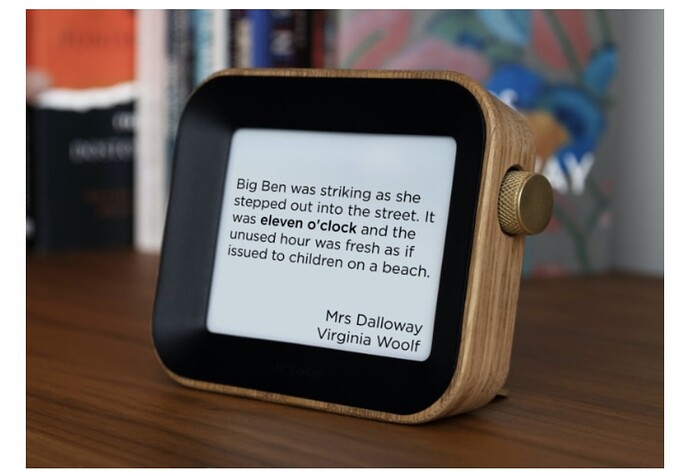Welcome to our discussion of Mrs Dalloway, by Virginia Woolf. I look forward to hearing what you all think of it.
This is another book that features in lists a-plenty. In Robert McCrums’ 2014-15 list of the “100 best novels written in English” in The Guardian, it appears at number 50. It ranks third in the list of the 100 best British novels resulting from a 2015 BBC poll of non-British literary critics (The 100 greatest British novels - BBC Culture). It’s included in the Norwegian Verdensbiblioteket (Bokklubben World Library - Wikipedia), and in TIME Magazine’s list of the 100 best English-language novels since TIME began (https://entertainment.time.com/2005/10/16/all-time-100-novels/slide/all/).
Despite such wide acclaim, and Mrs Dalloway’s status as a colossus of modernist literature, this was the first time I have read the book. I was interested in the set-in-a-single-day premise, a bit like James Joyce’s Ulysses but without the impenetrable classical allusion (and, to my mind, without Joyce’s outrageously, gluttonously poetic turn of phrase — Woolf’s layering of words isn’t un-poetic, by any means, but her turn of phrase seems more everyday). However, I was a little prejudiced against Mrs Dalloway, not being a fan of other Woolf works that I have tried.
Entirely predictably, therefore, I didn’t much like the initial pages of the book — if Mrs Dalloway hadn’t been the Book Club choice for this month, I suspect I would have stopped reading fairly early on. It all seemed so inconsequential, airy-fairy and irritating. Then, somehow, I gradually sank into its world and became carried along by the random, flitting thoughts streaming across my Kindle screen. The more I let myself go with the flow of the text, the more I became absorbed. By the end, I couldn’t wait to find out the ending, and simultaneously didn’t want the book to finish.
Something that Woolf does very well, to my mind, is to bring in tiny details that make things ring true. The passing observation about “Mrs. Foxcroft at the Embassy last night eating her heart out because that nice boy was killed“… the shoppers’ fascination with a plane sky-writing advertising slogans (surely a brand new phenomenon at that date)… Mr Dalloway’s inability to tell his wife he loves her, although he desperately wants to… Miss Kilman’s reasons for wearing a mackintosh… all these snatches of thought seem so very realistic. What annoyed me at the outset as the minutiae of mundanity progressively became more like reflections of the human condition. I started to feel quite involved with the inner lives of all of these people, recognising elements of their thoughts and experiences in my own.
Plus, I’m a huge fan of Woolf’s excessive use of parentheses and rambling sub-clauses, having lamentable leanings in this direction myself!
My daughter was quite excited to hear that this book was the winner in our poll for this month’s choice. She says that you either love Mrs Dalloway or you hate it, and she loves it. I ended up loving it, too. What is your verdict?
All the best,
Astrid



